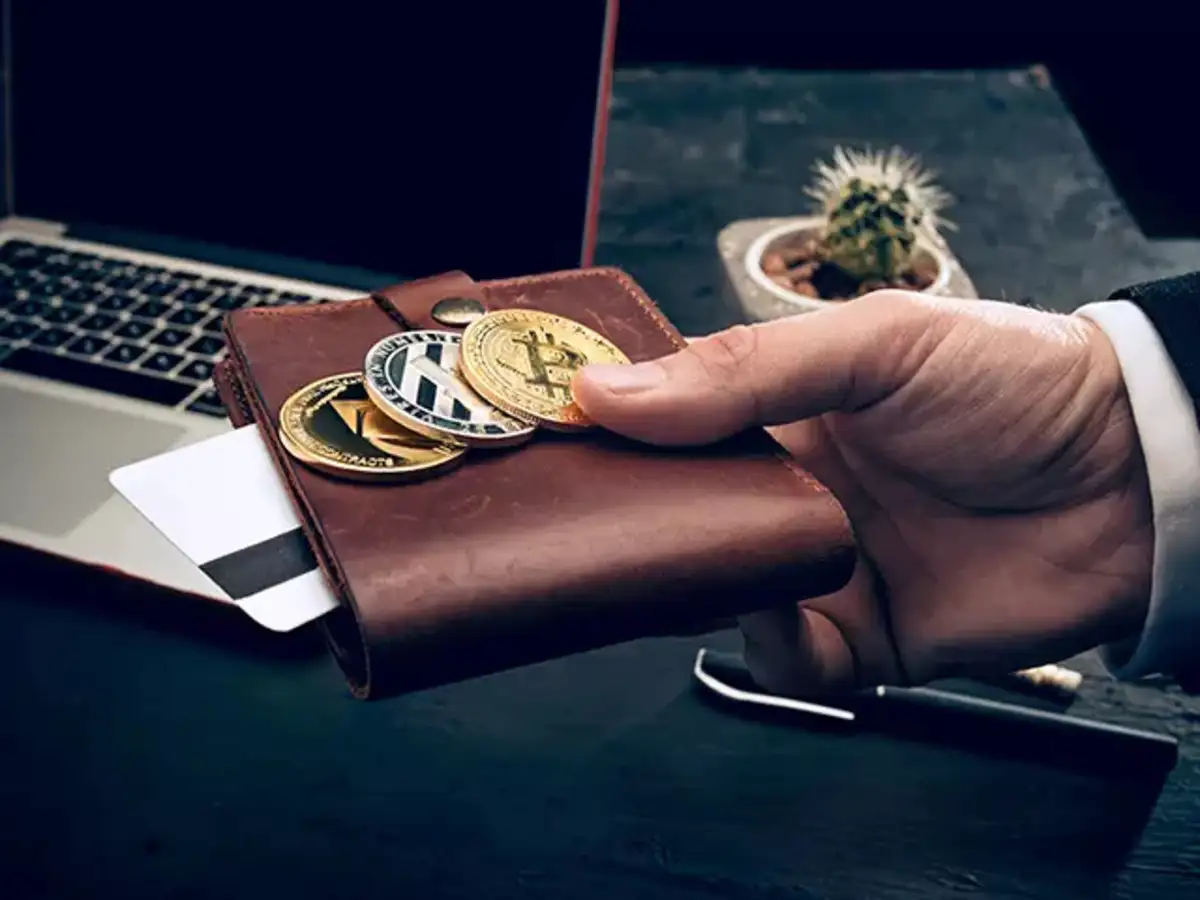One of the most common questions in the crypto community is: Are online wallets safe? For new investors and seasoned traders alike, understanding how these wallets work is essential to making informed decisions. As digital assets grow in popularity, so do misconceptions about how to store them securely—especially when using an online wallet, also called a hot wallet. This article helps clear the air by examining how online wallets work, separating myths from facts, and sharing best practices for safer crypto storage.
What Exactly Is an Online Wallet?
An online wallet is a cryptocurrency wallet that stays connected to the internet, making it convenient for everyday transactions. These wallets can be mobile apps, browser extensions, or desktop programs and are ideal for traders who need to move crypto frequently or make fast trades.
However, being online also makes online wallets more vulnerable to cyber threats like phishing, malware, and hacking attempts. This connection doesn’t automatically make them unsafe—but it does mean users must be proactive about security. Understanding their purpose and limitations is the first step toward using them wisely.
Common Myths That Lead to Mistrust
One major myth is that online wallets are inherently insecure and should never be used. While they have a higher risk profile than offline storage, proper security practices can make them reasonably safe for everyday use.
Another common myth is that all online wallets are the same. Some offer advanced encryption, multi-signature protection, and biometric login, while others may lack basic safeguards. Choosing a wallet with the right features can make a huge difference in your crypto safety.
When to Use an Online Wallet (and When Not To)
Online wallets are best suited for active crypto users who make frequent transactions. Think of them like the digital version of a checking account—convenient for regular use but not ideal for storing your entire savings. If you’re sending or receiving crypto daily, an online wallet can offer the speed and accessibility you need.
However, long-term investors or those holding large amounts of cryptocurrency may consider cold storage options instead. Cold wallets, which are kept offline, drastically reduce the risk of unauthorized access. Many savvy users combine both types for added protection.
Best Practices to Stay Secure
Staying safe while using an online wallet starts with choosing a reputable provider with strong security features. Look for wallets with two-factor authentication (2FA), encryption, and frequent updates. Reviews and user feedback can also reveal potential red flags.
Once your wallet is set up, practice good digital hygiene. This means never sharing your private keys, avoiding public Wi-Fi for transactions, and keeping your device protected with antivirus software.
Balancing Convenience with Caution
Online wallets provide unmatched convenience, but they demand responsible use. Understanding the risks and minimizing them is key to using these tools safely. They’re not inherently dangerous—they just require more attention compared to offline alternatives.
If you’re using an online wallet, limit the crypto you store there and treat it like pocket cash rather than your life savings. That mindset alone can help prevent major losses in case something goes wrong.
Online wallets are not as risky as they’re often made to be—especially when used wisely and securely. They offer speed and flexibility, which are crucial for active traders but require more vigilance than offline options. By understanding how an online wallet works and following safety best practices, users can enjoy the benefits without falling victim to common mistakes. To take your crypto security a step further, consider exploring the solutions offered by BitGo, a trusted name in digital asset protection.







